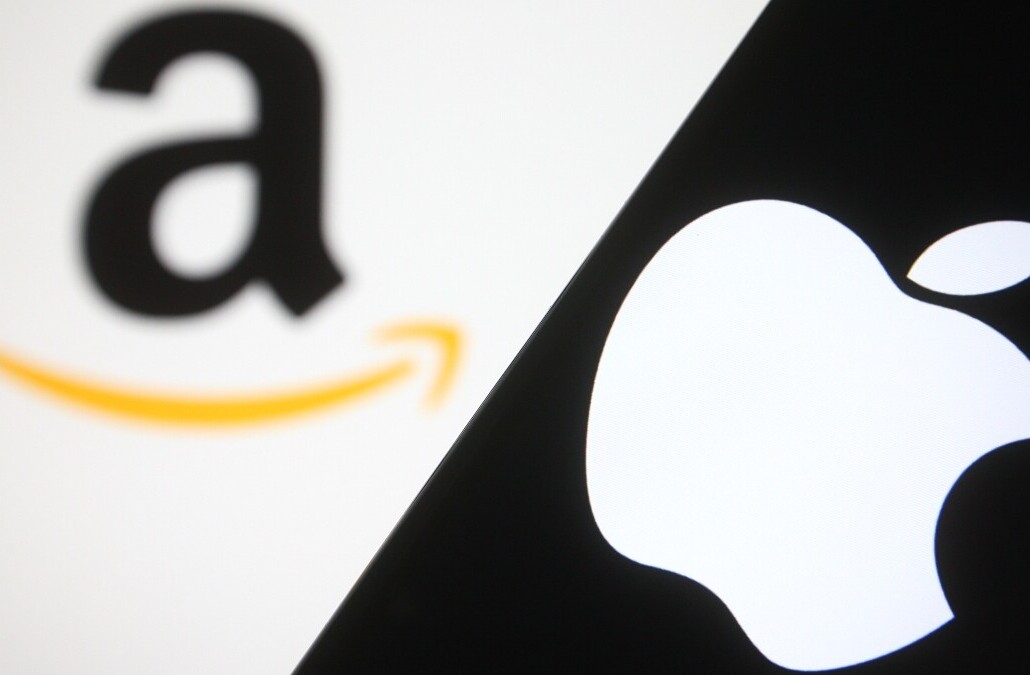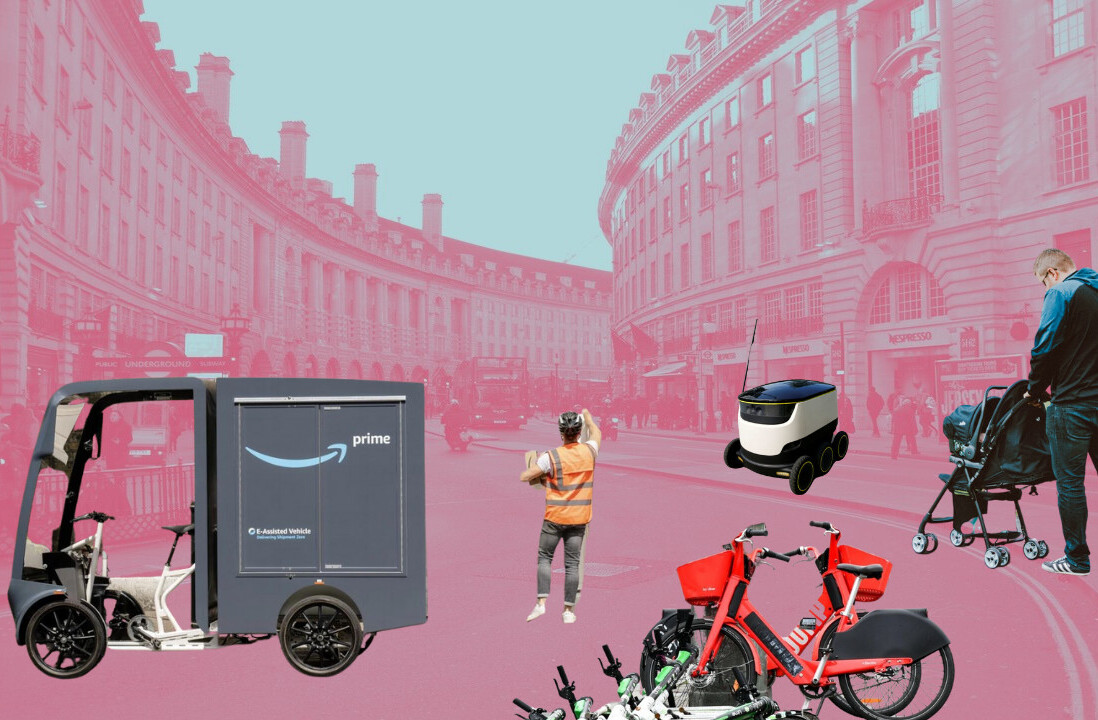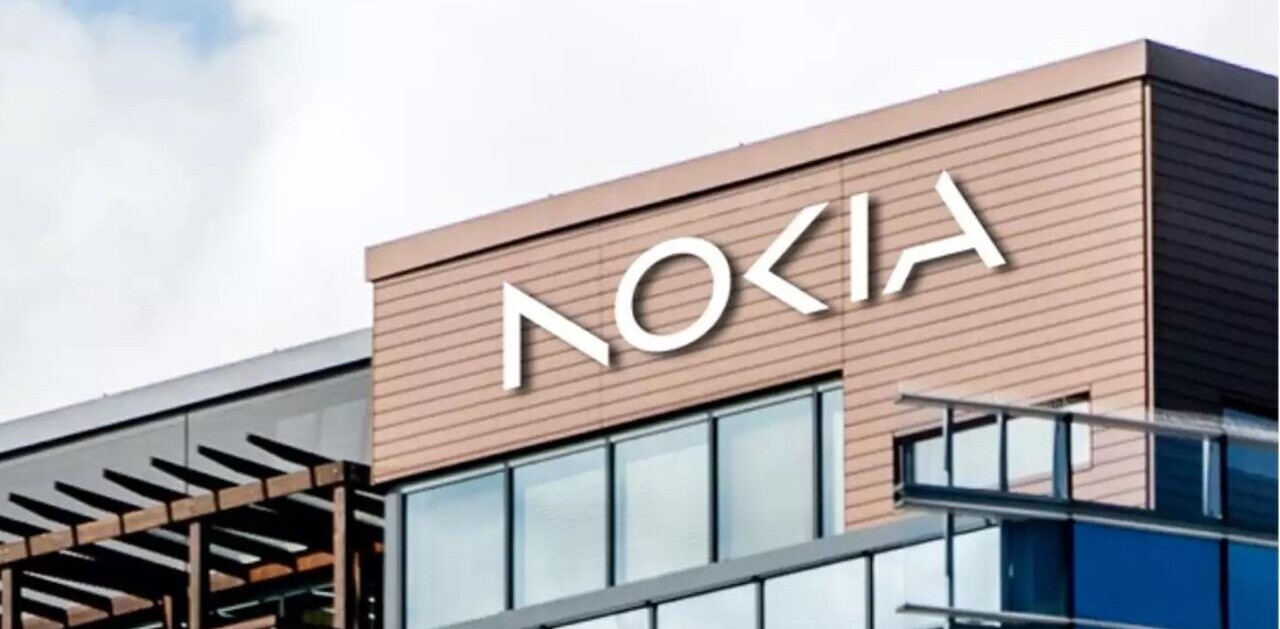
If Auntie – the affectionate nickname given to the BBC – was a real auntie, The Daily Telegraph (for which I used to write) and the rest of the British right-wing press would characterise her as a feckless benefit cheat who has been sponging off the state for far too long. They care not one jot for her creativity or unique place in British life.
And the licence fee, which pays to keep the BBC running as well as being sliced up for other services – some goes into broadband provision, some to Channel 4 and others – is the right-wing newspapers’ bête noire.
They froth at the mouth at its continued existence and beg the Tory government to finally press its boot down hard on Auntie’s neck.
But, of course, they also want to seem like enlightened people, so they talk about ‘reform’ and ‘renewal’ rather than what they actually want to happen: The swift and brutal death of a British institution and the loss of everything that makes it worth having. These are people to whom the market is king. Privatise everything and to hell with the consequences.
That brings us to the migration of three of the BBC’s former cash cows, the ex-Top Gear presenters, to Amazon. That forced change – which occurred after their leader, Jeremy Clarkson punched a producer – is red meat to the men in grey suits who desperately want to see Auntie retired to an under-funded nursing home where she’ll most likely die of a hospital-acquired superbug.
In today’s Daily Telegraph, Allister Heath writes:
How, exactly, can anybody still justify the BBC’s licence fee? The TV industry is changing at breakneck speed, reminding us almost every day of why we don’t need the state to intervene for great content to be produced.
That the TV industry is changing is impossible to refute. The emergence of players like Netflix and Amazon and the continuing spectre of Apple following Apple Music with a TV streaming service has to be considered. But that does not mean the BBC is somehow irrelevant or unnecessary.
It’s typical of big ‘C’ conservative writers to talk about the corporation as “the state”, as an offshoot of the civil service and the government. But that’s just one way of looking at it. Another is to see the BBC as the property of the British people, an institution maintained by them and for them.
Another telling phrase in that first paragraph of Heath’s article is “great content.” It is the bloodless, soulless language that has infected the Telegraph’s own newsroom, where the arrival of an egg-headed American online expert led to an exodus that included some of the paper’s best writers and thinkers (I don’t include myself among them).
https://www.youtube.com/watch?v=xgABbHPdwH4
Heath goes on to perch his argument that the licence fee should be scrapped on the news that the ‘Top Gear refugees have washed up on the safe shores of Amazon Prime Instant Video. He suggests:
…next year’s launch could be remembered as the tipping point – the moment a new generation of content producers finally dethroned the old TV incumbents, and the BBC in particular.
There’s that phrasing again “content producers”, not writers, not directors, not editors or artists. “Content producers.”
Heath’s next example is that of Zane Lowe moving to Beats 1 from Radio 1, ditching the BBC for Apple. He takes that as a highlighting a trend for fleeing to “the best technology” at companies “better run than the bureaucratic, slumbering, depressed BBC.”
But another way of looking at Lowe’s journey is to consider that his many years at the BBC are why Apple wanted him. His talent was incubated at a BBC that allowed him to pursue his interests and turn himself into a big personality worthy of snapping up. And for listeners – despite some, like me, finding him occasionally irksome – he was a conduit for new music.
This is the real meat of Heath’s argument:
The BBC’s licence fee needs to go, for two related reasons. It is unfair and a horrendous distortion of the market, allowing vast amounts of taxpayer-financed content to be dumped for free on its website. Streaming services, national and regional newspaper websites and commercial TV all suffer.
There’s what he’s actually getting at: The BBC’s news coverage, particularly through its website, competes with The Telegraph and Heath and his paymasters, the Barclay brothers, don’t like that. In this point alone, I partially agree with him.
The BBC shouldn’t spend as much money on its online news coverage. The BBC website is an unfair competitor. But then, I have skin in the game. I work for an independent tech website – one of the few left – and often feel green at the BBC’s serious resources.
But while it’s possible to criticise the BBC website and suggest that it should be scaled back, I don’t believe that’s an argument for killing the licence fee and ultimately the corporation itself. The licence fee costs households £12.13 a month. For that you get TV, radio and internet coverage. That’s cheap.
Heath’s solution to that awful licence fee is to propose a voluntary subscription. He wants to turn the BBC into a glorified Netflix competitor where “anyone who chooses not to subscribe would be cut off from the TV channels as well as the website.”
That betrays a lack of understanding of the technical challenges involved with that and entirely neglects to mention the BBC’s excellent radio services.
Critics of the BBC, like Heath and most of the current UK government, try to present themselves as reasonable advocates of the market. They’re not. They and the small but howling hordes that want the BBC’s unique position to change actually believe in one thing: That the state should provide practically nothing.
The notion of a British broadcaster putting much more into the country’s culture – and earning huge amounts through its commercial BBC Worldwide arm – is anathema to them. They don’t just want to kill the licence fee, they want to murder Auntie.
Read next: Amazon beats Netflix to a new show from ‘Top Gear’ presenters
Feat image: Mitch Benn
Get the TNW newsletter
Get the most important tech news in your inbox each week.




